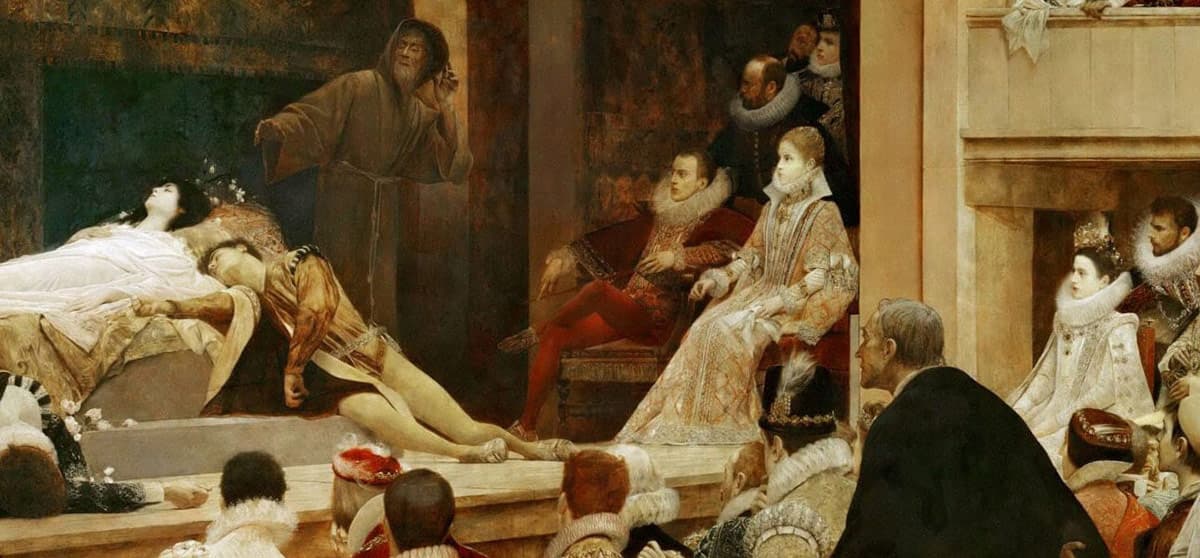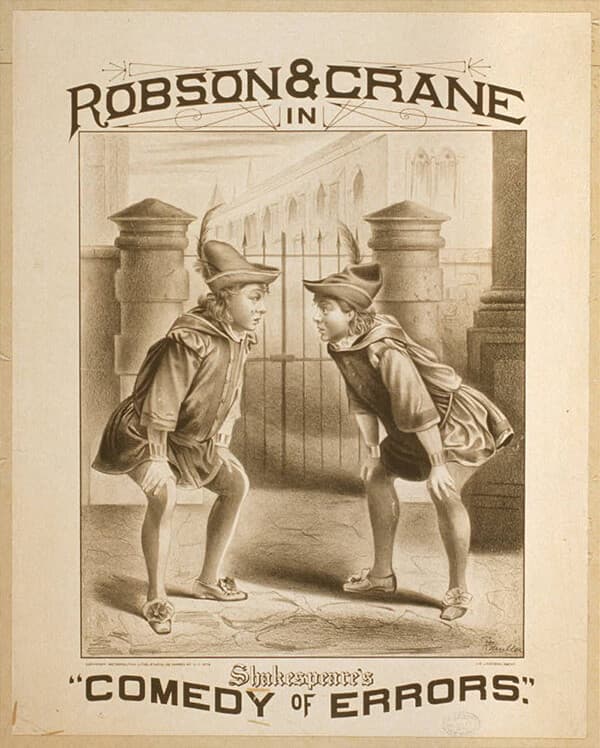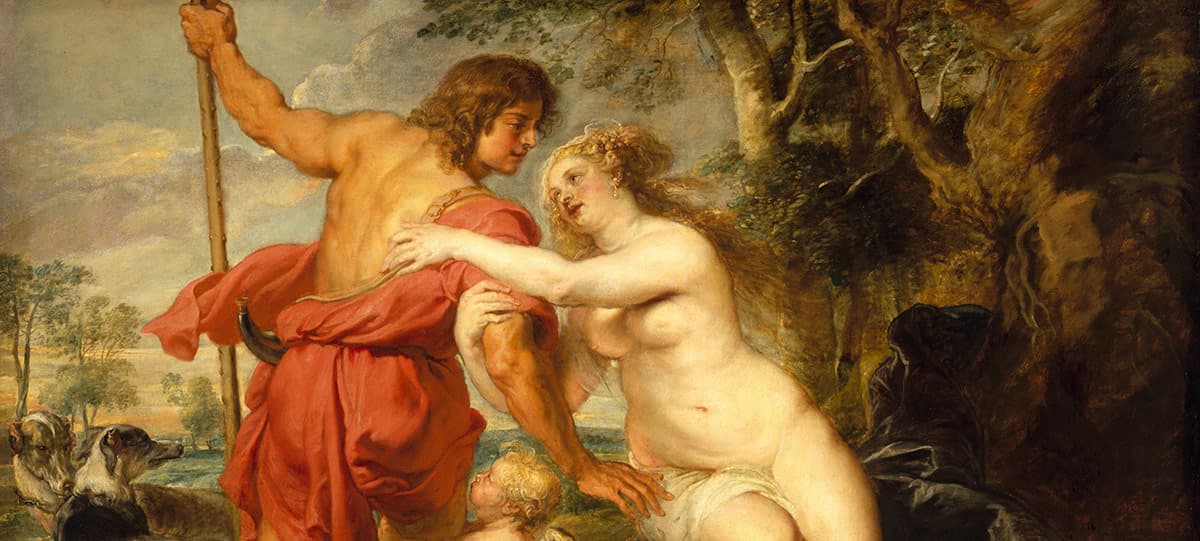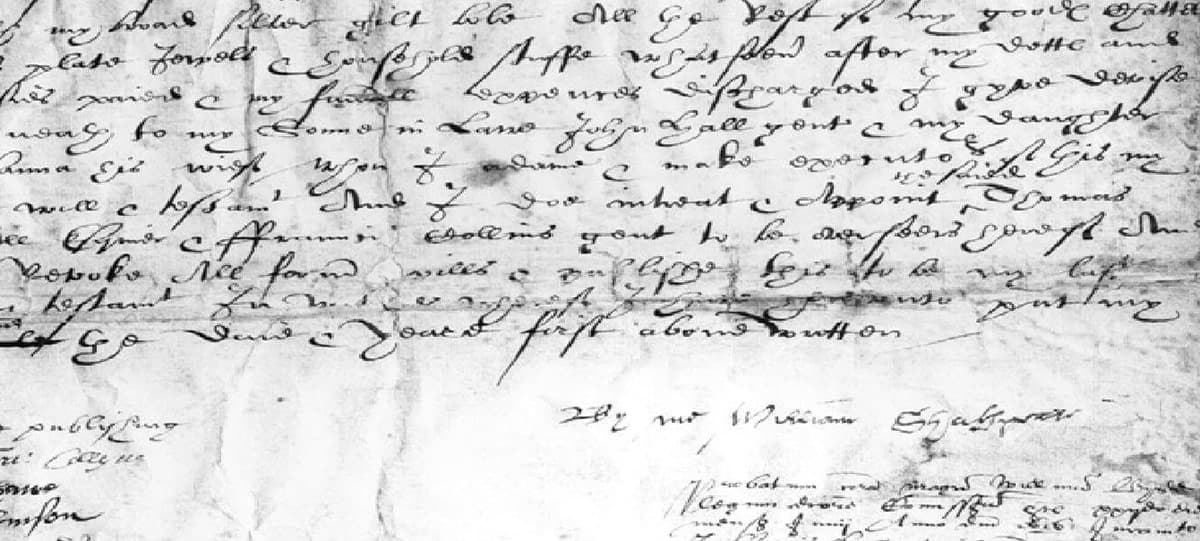The Complete Collection of William Shakespeare’s Works
William Shakespeare's literary works include at least 38 plays and over 150 short and long poems, many of which are considered to be the finest ever written in English. Nearly 400 years after his death, Shakespeare's major works continue to be performed worldwide. They have also been translated into every living language (Folger's collection even includes translations in Esperanto and Klingon.)
On this page, you'll find William Shakespeare's most famous literary works neatly categorized according to type. Follow the links below for more information, including plot summaries, brief textual histories, and selected images from our collection.
The plays written by English poet, playwright, and actor William Shakespeare (1564 – 1616) have the reputation of being among the greatest in the English language and in Western literature. Traditionally, the plays are divided into the genres of tragedy, history, and comedy; they have been translated into every major living language, in addition to being continually performed all around the world.
Many of his plays appeared in print as a series of quartos, but approximately half of them remained unpublished until 1623, when the posthumous First Folio was published. The traditional division of his plays into tragedies, comedies and histories follows the categories used in the First Folio. However, modern criticism has labelled some of these plays "problem plays" that elude easy categorisation, or perhaps purposely break generic conventions, and has introduced the term romances for what scholars believe to be his later comedies.

Tragedies
Histories
Comedies

Shakespeare's Sonnets is the title of a collection of 154 sonnets by William Shakespeare, which covers themes such as the passage of time, love, beauty and mortality. The first 126 sonnets are addressed to a young man; the last 28 to a woman.

In 1593 and 1594, when the theatres were closed because of plague, Shakespeare published two narrative poems on erotic themes, Venus and Adonis and The Rape of Lucrece. He dedicated them to Henry Wriothesley, Earl of Southampton. In Venus and Adonis, an innocent Adonis rejects the sexual advances of Venus; while in The Rape of Lucrece, the virtuous wife Lucrece is raped by the lustful Tarquin. Influenced by Ovid's Metamorphoses, the poems show the guilt and moral confusion that result from uncontrolled lust. Both proved popular and were often reprinted during Shakespeare's lifetime.
A third narrative poem, A Lover's Complaint, in which a young woman laments her seduction by a persuasive suitor, was printed in the first edition of the Sonnets in 1609. Most scholars now accept that Shakespeare wrote A Lover's Complaint. Critics consider that its fine qualities are marred by leaden effects. The Phoenix and the Turtle, printed in Robert Chester's 1601 Love's Martyr, mourns the deaths of the legendary phoenix and his lover, the faithful turtle dove. In 1599, two early drafts of sonnets 138 and 144 appeared in The Passionate Pilgrim, published under Shakespeare's name but without his permission.

